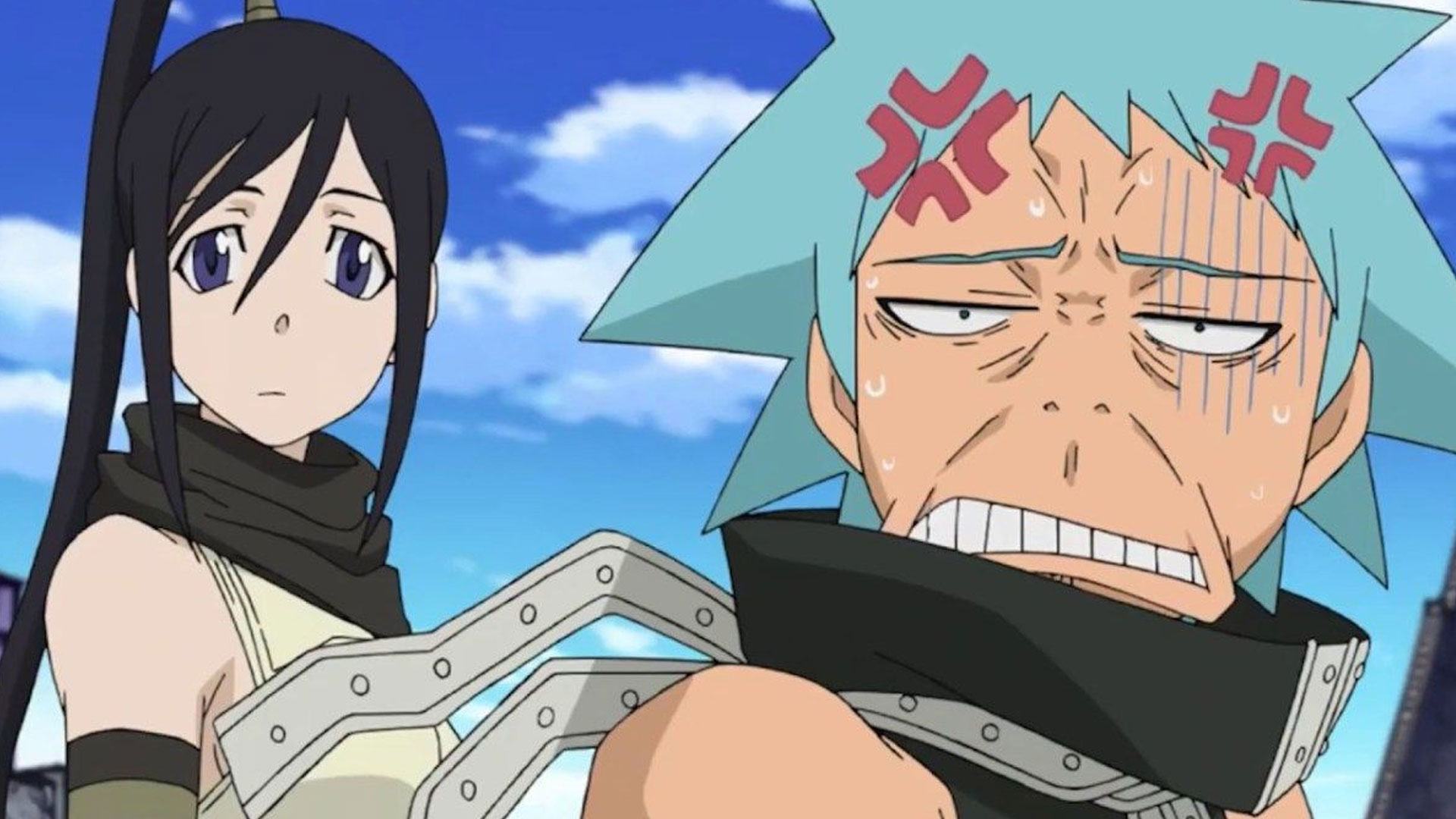It was fine the first few times, but now we're done.
When you've been at it for far too long, your tastes change over time. Things that brought you joy back then now feel, well, not disgusting, but questionable. Stuff that you considered too cheesy now makes your heart feel fuzzy and warm.
Seasoned otaku like us went through some transformations like that, and we made a list of anime tropes that gradually became more and more annoying as we grew up.
Harems with generic protagonists
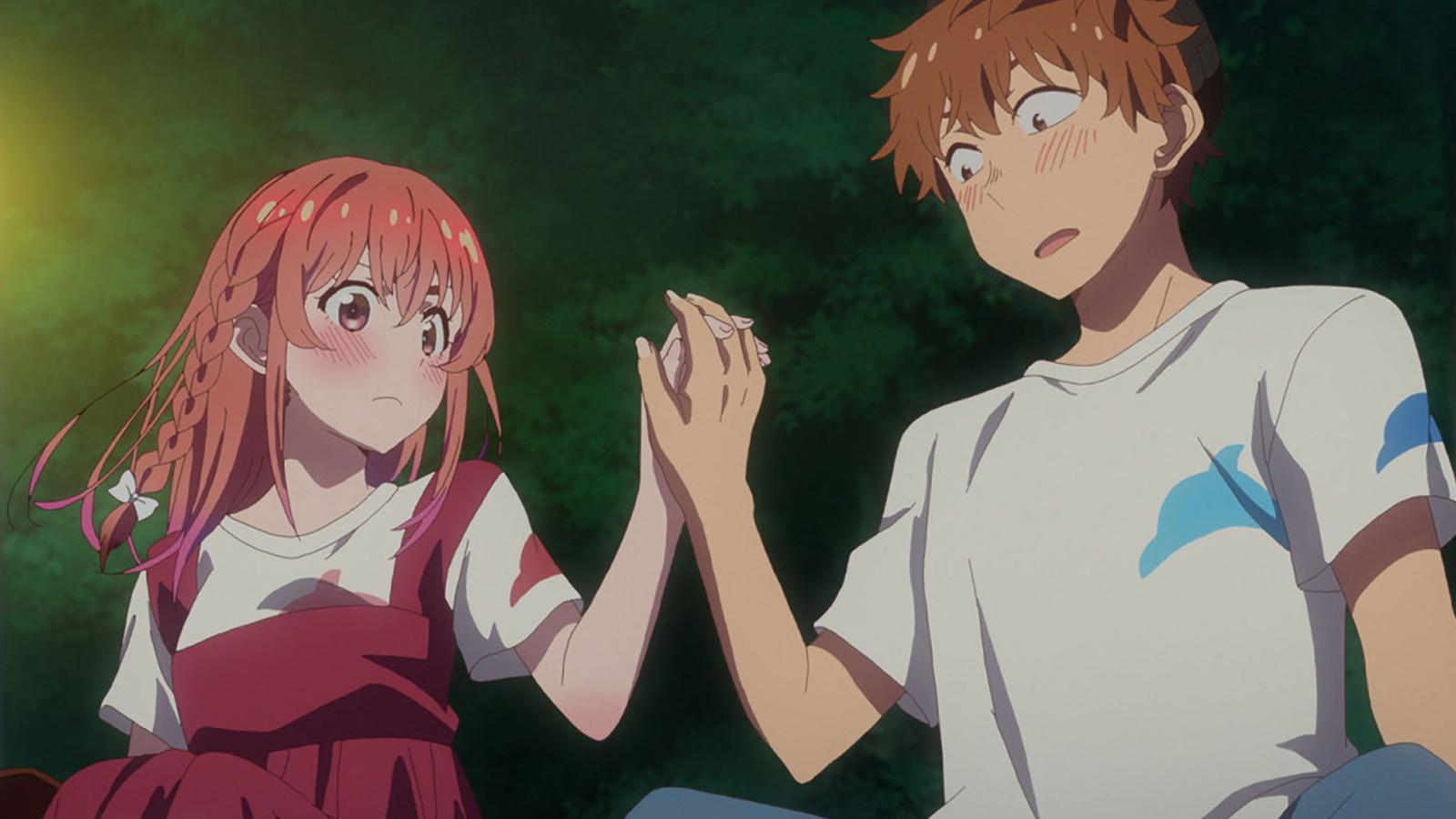
We all know this story: the main character is a simple school kid, there's nothing special about him, he has dark hair and maybe lacks some manners, but he's surrounded by a diverse cast of girls, each one resembling a specific archetype, and all of them are head over heels for the boy. If you're making a harem, just make it a little bit more than your fantasy, please! Make the protagonist unique, give him some character, and not leave him as a blank slate that can be easily replaced! Although, well, most of the time it's the purpose of harem shows, so that it would be easier for the viewer to associate themselves with the lead character, but it doesn't make it less annoying (we're looking at Rent-A-Girlfriend (Kanojo, Okarishimasu) here, yes).
Communication issues
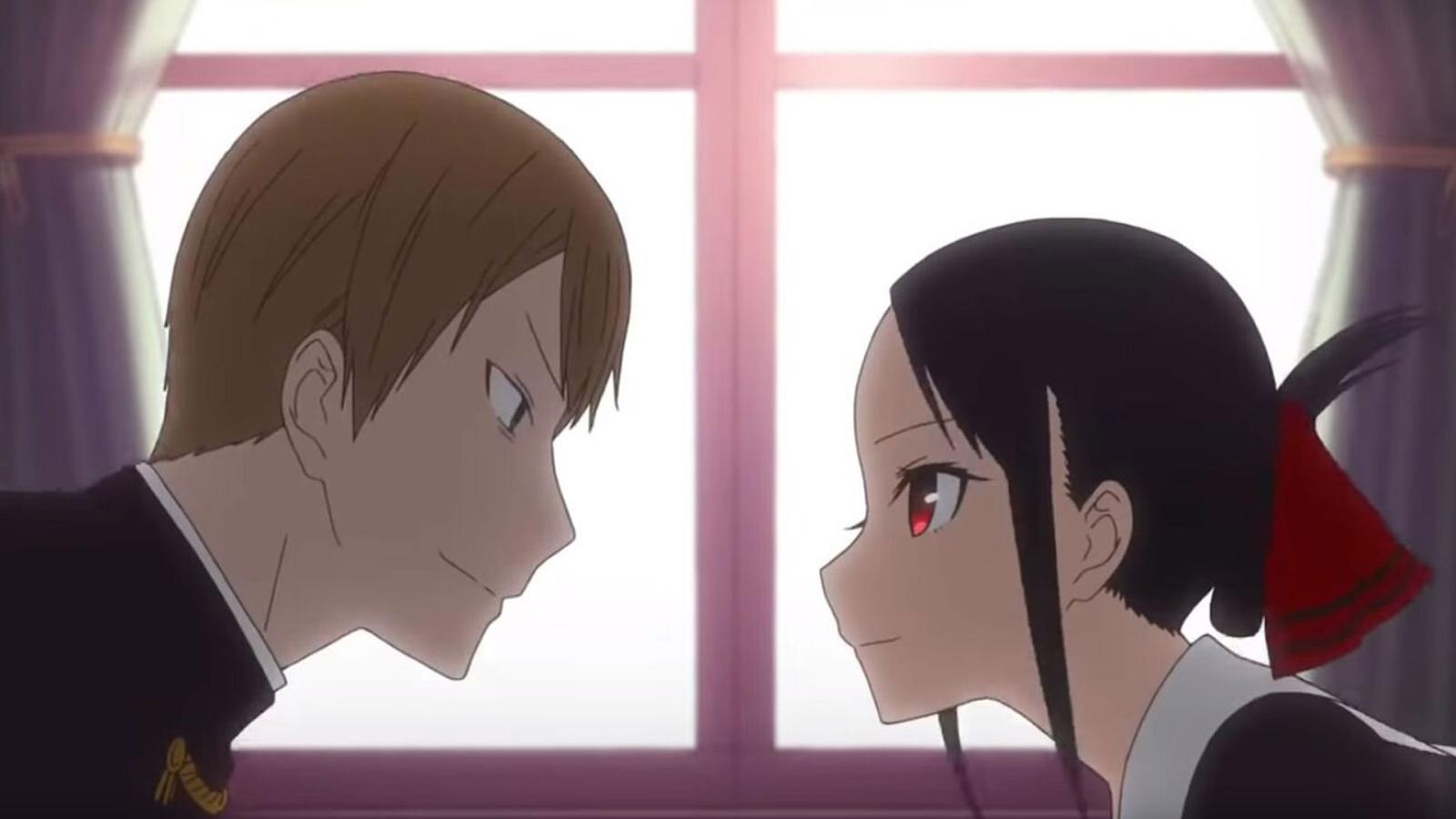
If characters just talked for once, instead of bottling up their emotions and going a hundred miles an hour on their journey of overthinking, a lot of shows would've become significantly shorter. And it would do good for some of them. Sure, there are some stories where communication really is an issue (in romance, look at Kaguya-sama: Love is War (Kaguya-sama wa Kokurasetai: Tensai-tachi no Renai Zunousen)), but most of the time this unwillingness to talk comes out of nowhere. Even if we're dealing with characters that show communication issues. Sure, the build-up to the climax may be worth it, but most of the time it's not. This trope has been too overused.
Not bringing bad cooking up
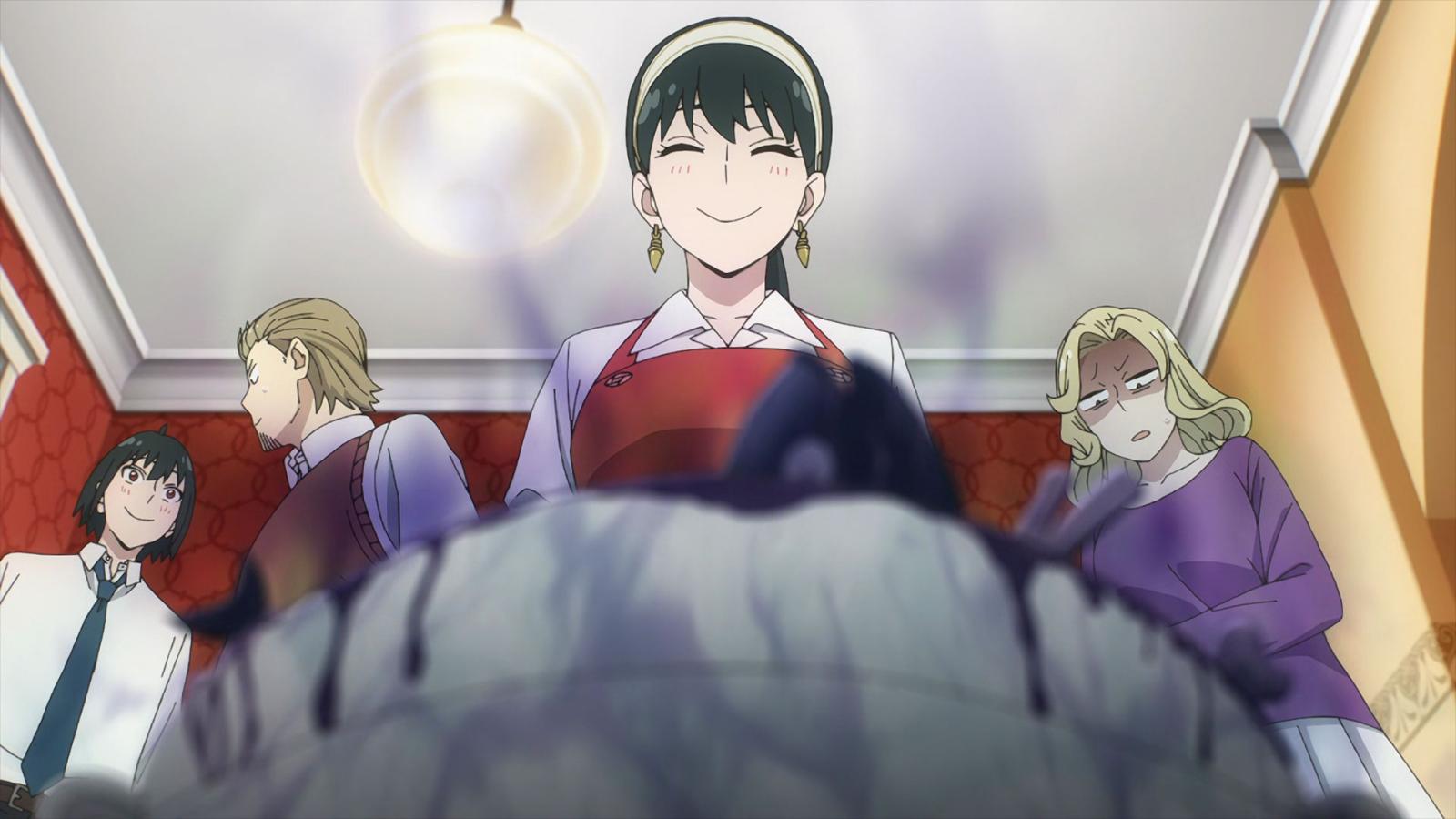
This stems from the previous issue, but is so prevalent that it became a stand-alone trope: when the character's cooking is so bad, but others never, ever bring it up and instead cover it up by fighting through nausea or just making hilarious excuses to escape the meal. This happens in Spy x Family, for example. This may be rooted in Japanese culture, as it prevents you from being openly negative and instead encourages you to beat around the bushes. In anime, it also serves as one of the comic reliefs. So although it's understandable, it doesn't become any less annoying.
Instant forgiveness and nerfing of baddies
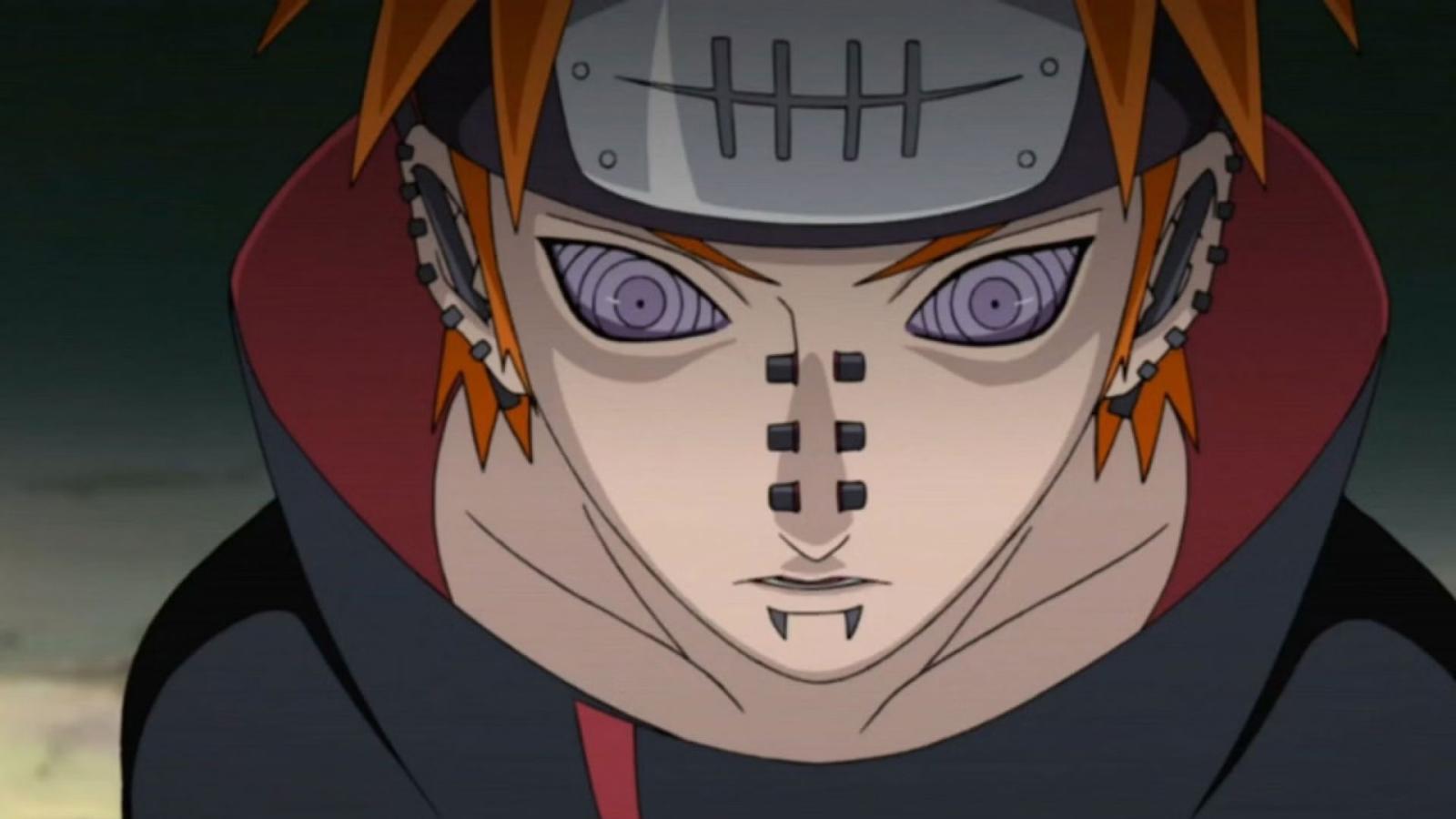
Remember these moments when the main character fights the baddie of the week, and the baddie seems nearly invincible, but the MC, equipped with the power of friendship or whatever, manages to get the upper hand and finally wins? And remember how sometimes (more often than not) this baddie joins the party of the MC and instantly becomes friends with those whom they just recently tried to decimate? Also, remember how they seemingly lose what seemed like invincibility when they stop being a baddie and become one of the good guys? Yeah, that's something that we don't like anymore. We could excuse that in Naruto, as it was one of our firsts, but now — no.
Lack of physical contact
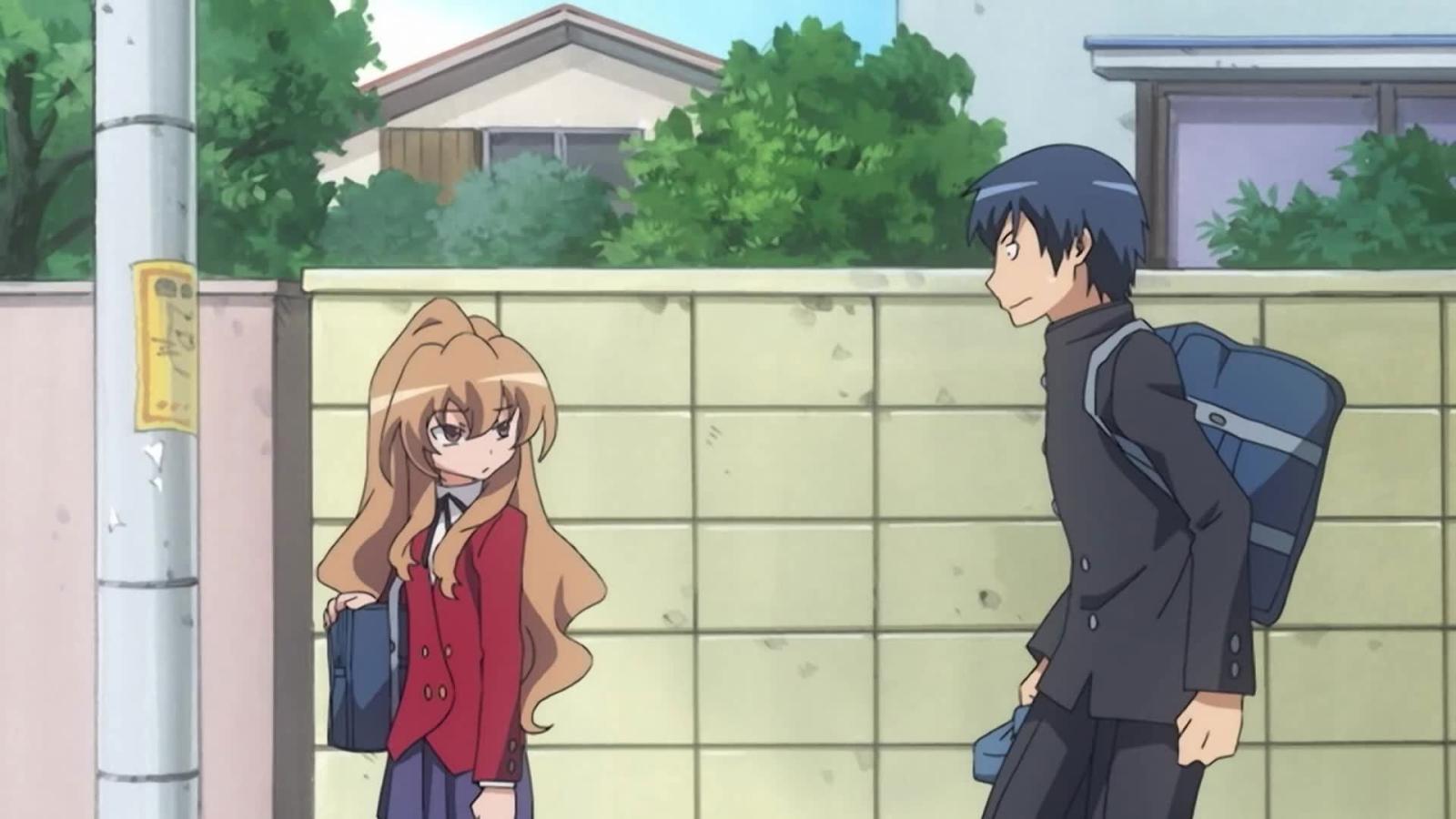
Okay, yes, it's a cultural thing: Japan, it seems, is not the most touchy-feely nation in the world. But the aversion even to the smallest physical contact out of embarrassment seems just unrealistic. When holding a hand makes the character redder than a tomato — it may have been cute the first ten times, but now it's just boring. When one character is crying and the other is just standing there, instead of offering a hug, or even a pat on the shoulder, or anything, really, and is having an inner monologue with the sobs in the background — it feels extremely unempathetic. And, well, high school kids feel a bit too prudish (even in ToraDora).
Kids doing adult things
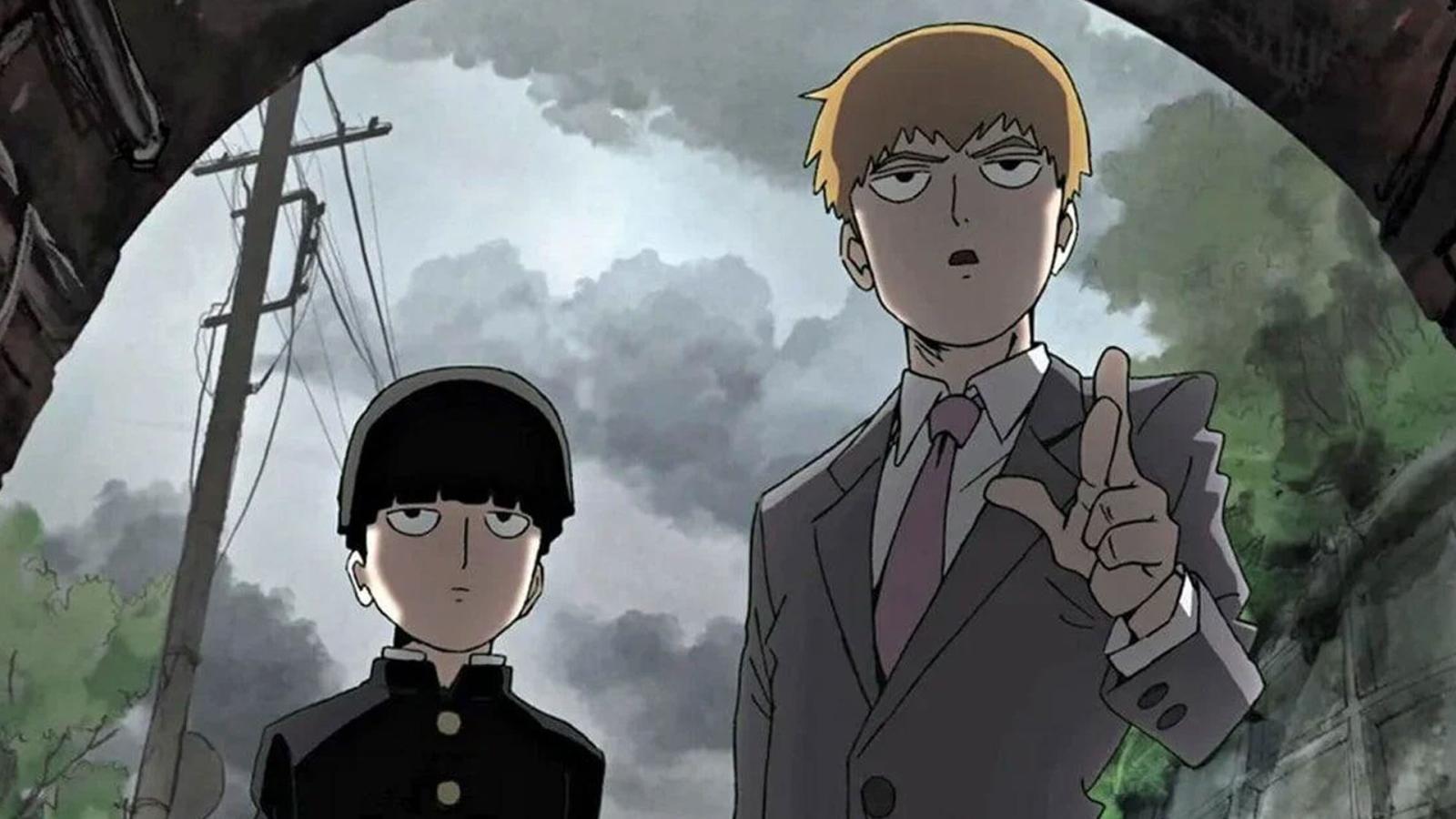
And no, we're not talking about non-prudish stuff. We're talking about literal kids out there killing monsters, starting revolutions (or stopping them), saving worlds, or overthrowing governments, who become military officers, medics, geniuses with a huge responsibility behind them. But they are kids! Please, listen to Nanamin from Jujutsu Kaisen and Reigen from Mob Psycho 100, who said that being a kid is not a crime and that some things should be left to adults to deal with!
Sloppy production
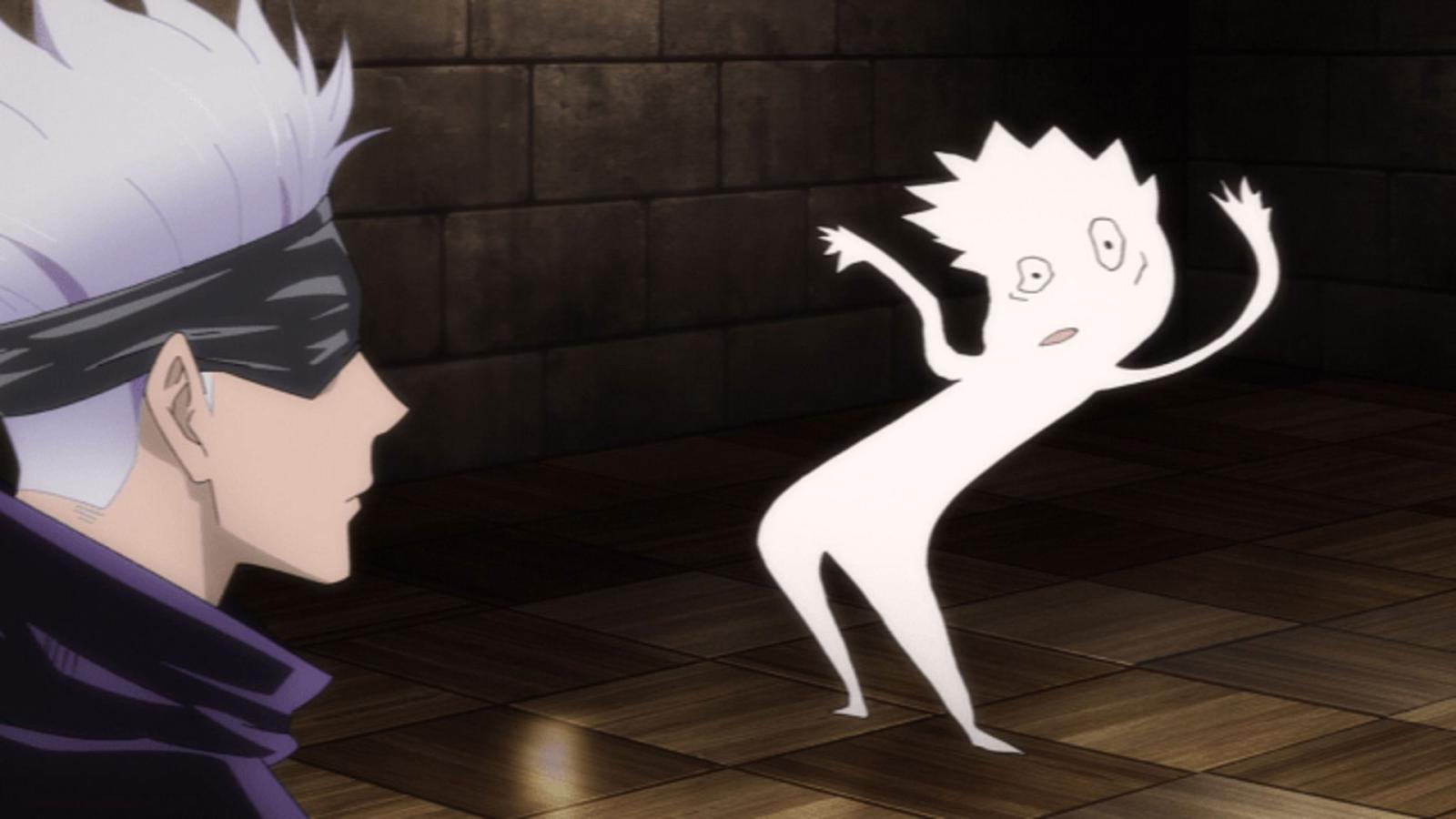
The more you watch anime, the more you realize when the production decided to cut corners in order to reduce the costs. You start noticing still frames simply panning from side to side with narration over them, or some reused footage with a different voice track over it, and maybe a filler if the team had enough time. You start seeing wonky animation, weird proportions, and jumbled movement, and sometimes it becomes so prominent that you cannot focus on the story. And it's not just the case of huge shows like Jujutsu Kaisen: sometimes the whole show just feels cheap (Marginal Service, here we go).
Isekaing because of death
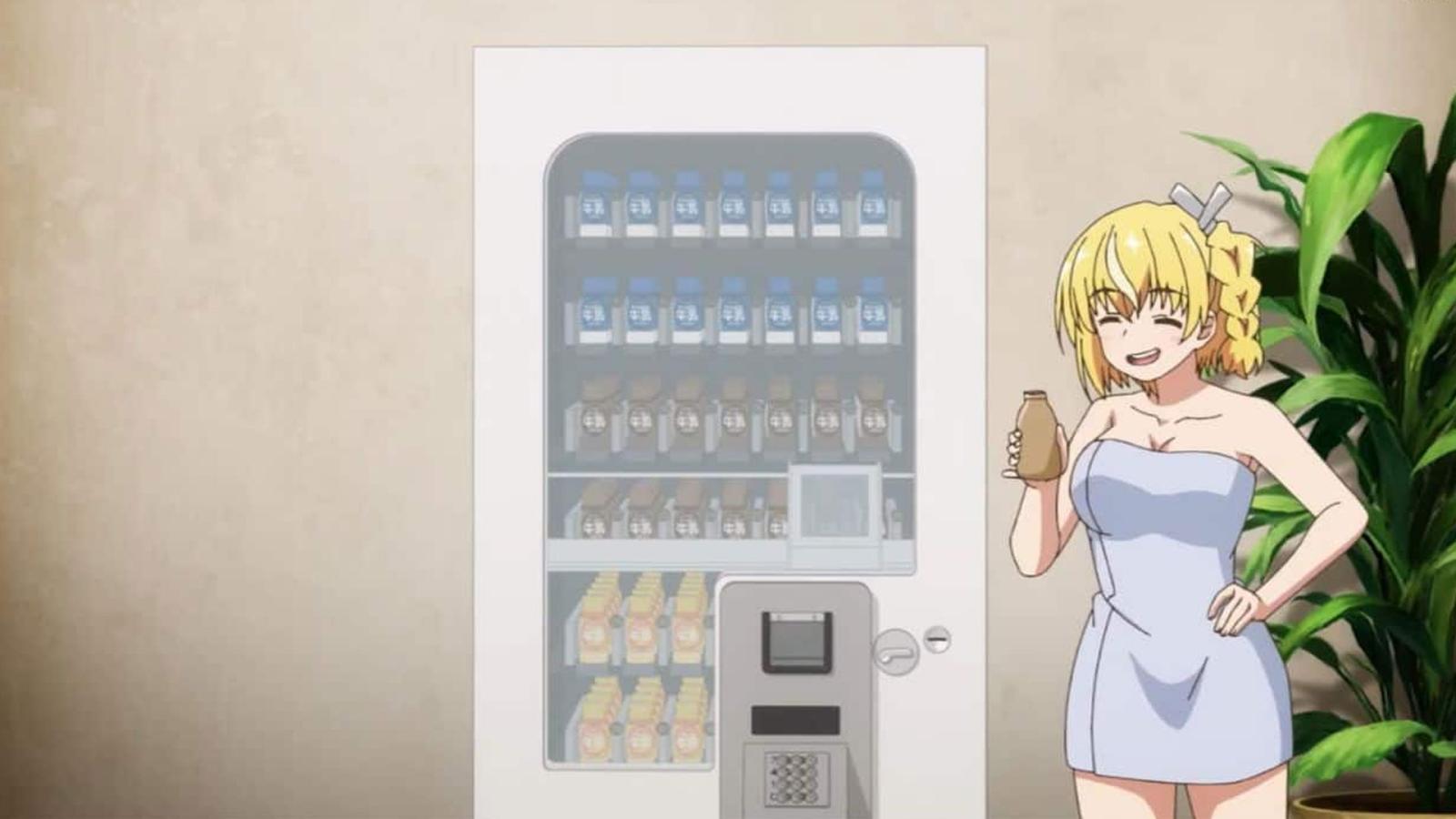
There are a lot of ways to end up in another world. You can fall somewhere and go through a sudden portal, or get summoned by a deity, or get flushed down the toilet, or get sucked into the book, but the majority of modern isekai shows prefer to just initially kill the main character in order to reincarnate him in a new world. There's a reason behind that, because most isekai feature the blandest main characters who didn't live their life — they just existed, and there's nothing they would have wanted to salvage from that time. It's the sad aspect of isekai being mostly a self-insert power fantasy — the same as with harem. Sure, it can be done in a fun way — look at Reborn as a Vending Machine, I Now Wander the Dungeon (Jidou Hanbaiki ni Umarekawatta Ore wa Meikyuu wo Samayou), but death is not the only option, trust us.

